Someone hid in the attic and led a diary. Someone came to the camp of destruction and miraculously survived. These people also wrote memories, and the memory is mercifully crossed out the worst thing. But what remains is enough to knock on horror and pity. However, the sense of humor was even yield: in the camps of destruction, it was customary to joke about "flying into the pipe".
And there were also heroism, and self-sacrifice (including for the sake of other people's unfamiliar children), and the titanic efforts for the sake of preserving self-esteem, and, of course, a huge will to life. Need to read it. Just because there is no better vaccination from evil.Anna Frank. "Refuge. Diary in letters. "
"I still live, and this, according to Pope, is the most important thing."
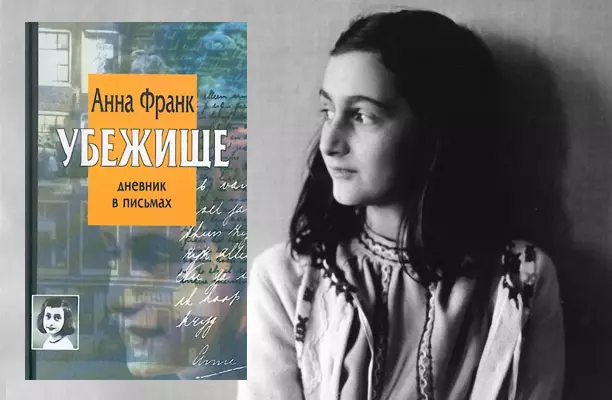
One of the most famous Holocaust documents. 13-year-old Anna Frank, Dutch Jewish, two years hiding from the arrest and deportation to the concentration camp in the attic of familiar together with the whole family. She led a diary in the letters of a fictional friend - with all the girls' fanberies, dolls, unbearable lessons and displeasure to Mom. Later, Anna tried to recycle this diary in the novel, but did not have time: the shelter covered the police, and as a result, the girl died in the camp. The diary was published only after her death.
Kristina Prielan. "I survived Auschwitz."
"It smells throughout the human body. This smell is stupid, wonders, the head is heavy, poured by lead. "
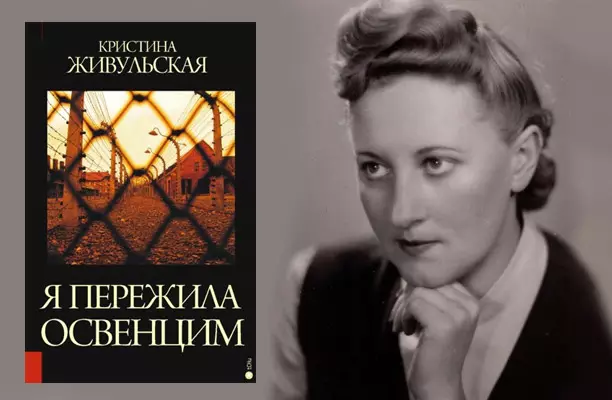
The Polish underground student, known to the Gestapovtsy as "Blond Zosya", in 1944 he fell into Auschwitz, the most famous camp of destroying, miraculously and effort will lived before the coming of Soviet troops and then wrote a book that was translated later into many languages. In the camp, she began to compose poems about life around themselves, about everything he saw and experienced in Auschwitz. It was creativity that Cristina helped survive and save the mind.
Vladislav Spiegman. "Pianist"
"People as they could resist sending to death. Women watered staircases with water, which turned into ice, and the Germans were harder to climb the floors. "
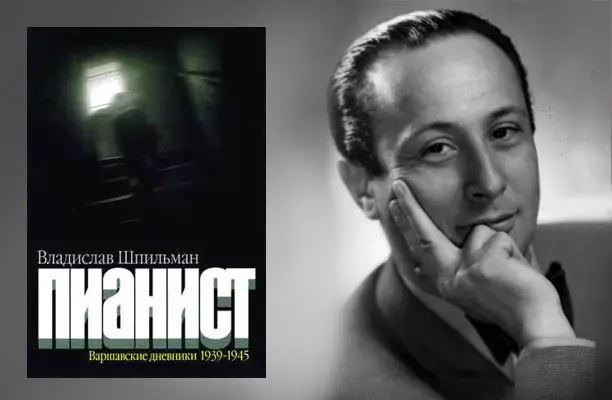
Before the war, this man with a speaking Jewish surname played Chopin on Polish radio. And after the war he did the same. In the interval there were ghetto, deportation, flight, life in the attic and a German Meloman officer, who, actually, and saved Vladislav - all of this we saw in the film "Pianist" Roman Polanski in the film. But the book written by the simple words of the eyewitness crazy produces an even more terrible impression.
Imre Cerez. "Without fate"
"I turned into a kind of hole, into emptiness, and could only think about filling, shut up, remove this bottomless, demanding, insatiable emptiness - hunger."
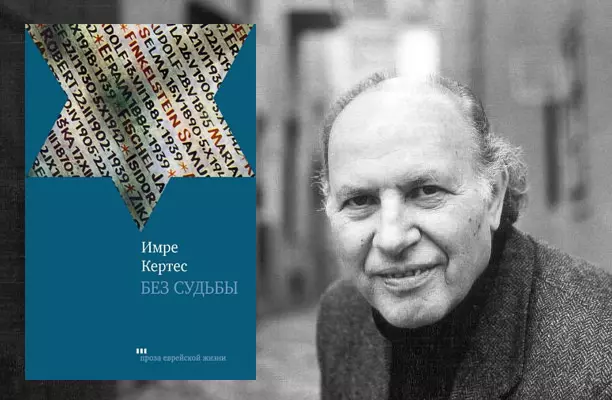
A Jewish teenager during the war was first interneded on the oil refining plant, and then sent to Auschwitz and Buchenwald, where the miracle lived before the coming of Russians. Imre was the usual 16-year-old obtus without education. His view of the camp is a look of a very young man without any life experience. This commonitude and lack of emotions are terrible especially - with the same intonation, he talks about hunger, exhausting work, terrible punishments and mass murders.
Eli Velsel. "Night"
"In each seashest corpse, I saw myself. And soon I will stop seeing, I will become one of them. A question of several hours. "
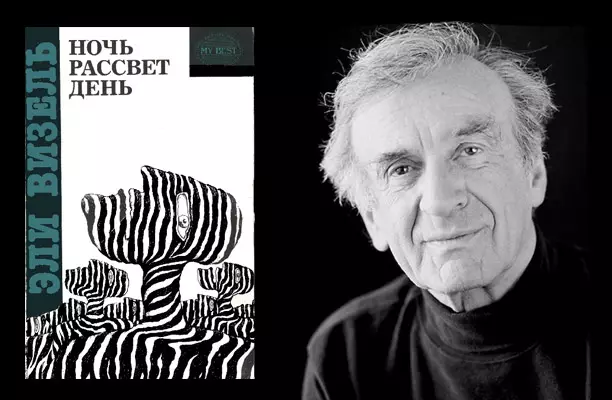
Eli Velel together with the whole family got into Auschwitz, and in 1944, when the Germans were directly managed by Hungary, in Buchenwald. Parents, brother and sister died. Eli and the other two of his sisters survived. Then he lived in Paris, he studied in Sorbonne, wrote on Idish, Hebrew, French and English. All my life, a vissel was trying to comprehend the experienced and wondered - as in principle, was it possible? I did not find the answer. In 1986, Eli received the Nobel Prize of the World.
Primo Levi. "Does this man?"
"Everyone could see his reflection in a hundred deadly-pale faces, in a hundred torn, ugly, similar to stuffed figures."
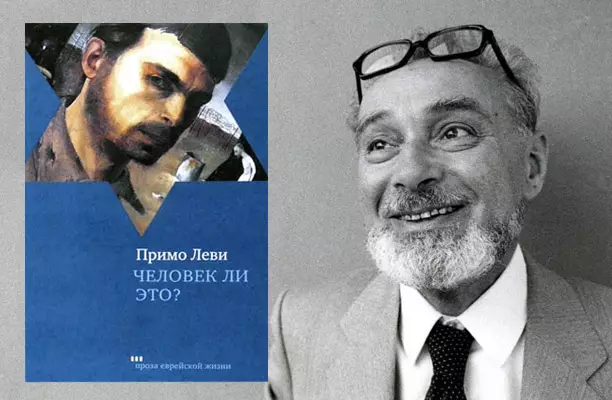
The Italian Jew Primo Levi fell into Auschwitz in 1944 and was released by Russians in January of the 45th. After that, he wrote several books about the camp - they are all either autobiographical, or were based on autobiographical material. "Does this man" - a simple story of the first person on how to preserve the dignity in conditions when, it would seem, the dignity - the last thing you can think about.
Andrey Vyozhev, Pavel Stetenkin. "Lost: Escape from Auschwitz."
"Escape was a dream constant, obsessive. Therefore, the conversations about the shoot did not cause the welding for those who accidentally heard them. "
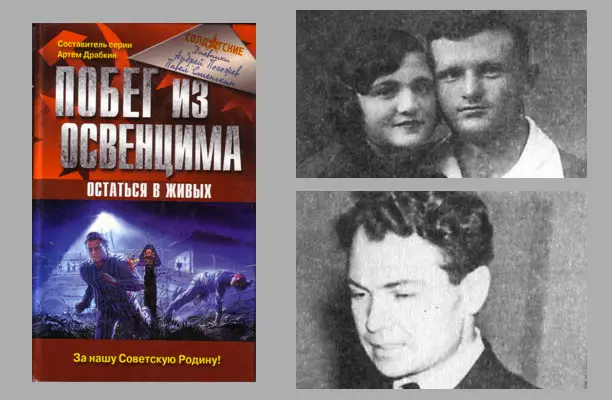
Soviet prisoners of war were brought to Auschwitz in November 1941. A year later, from about twenty thousand people left all two hundred left: at the beginning of the war, the Germans did not too much in labor, and the camp was simply grinding and destroyed people without any benefit. On November 6, 1942, the survivors tried to run. It was possible to just a few people, among whom were the burdens and stempo, people of an incredible will and luck. It was they who wrote this book - a terrible and exciting simultaneous.
